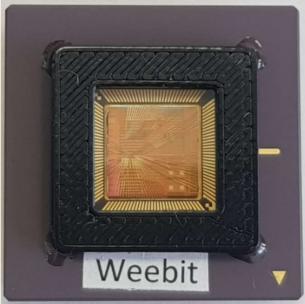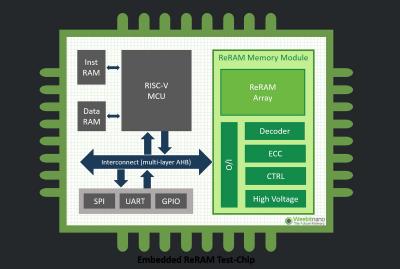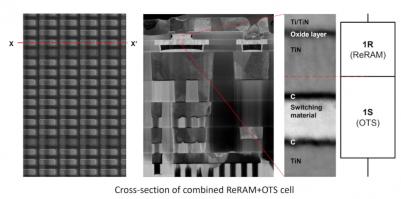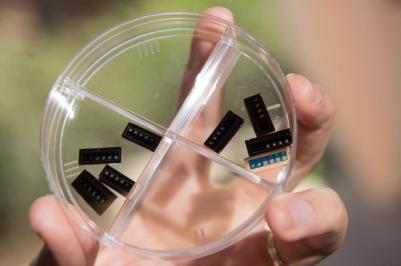Weebit Nano raised $25.7 million AUD to bring its RRAM technology to market
Israel-based RRAM developer Weebit Nano raised $25.7 million AUD from four Israeli institutional investment and pension funds. The company also announced a pro rata non-renounceable Entitlement Offer to raise a further $9 million AUD.

The company provided shares at $2.84 AUD per share, which represents a 11.5% discount to the last closing price on 8 November 2021.


